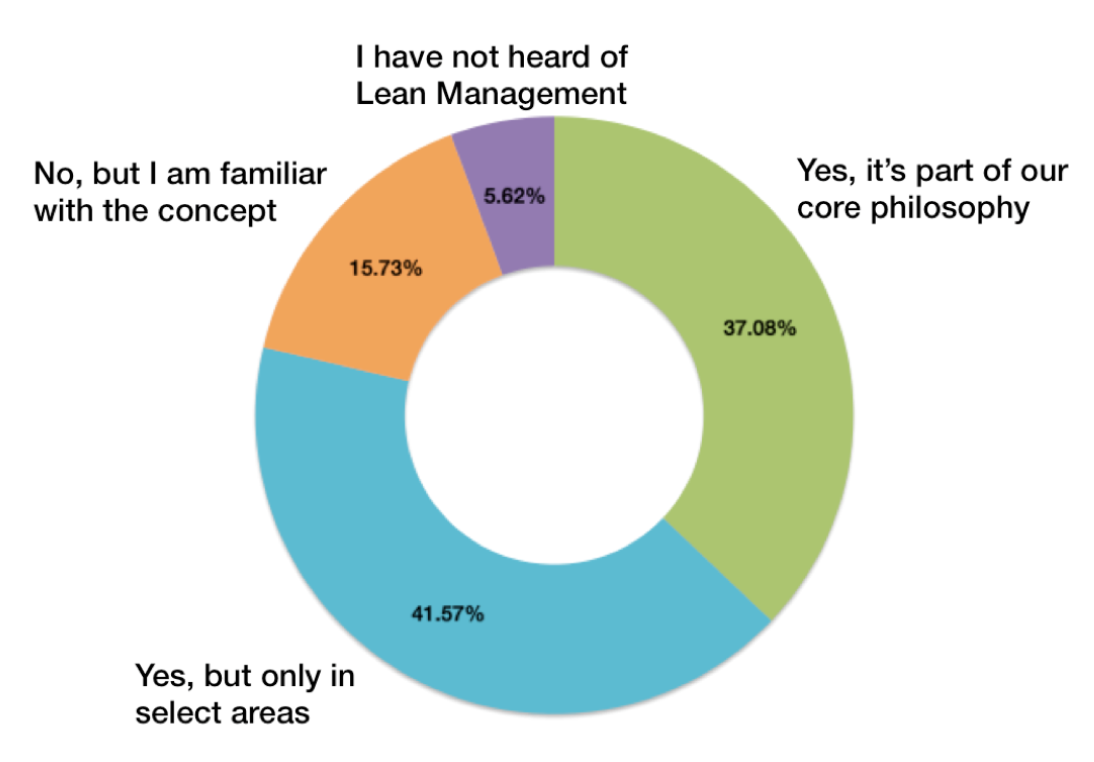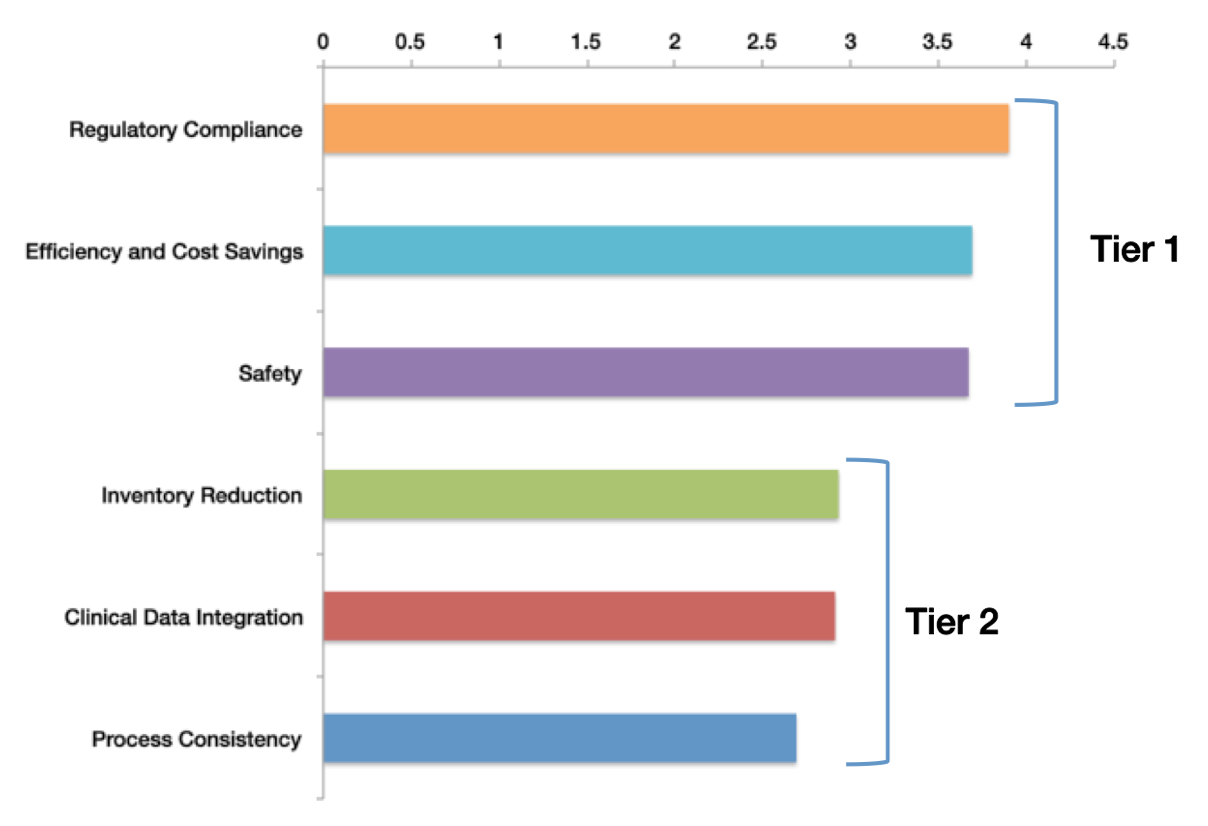Healthcare needs lean management
Kevin MacDonald, Co-founder & CEO, Kit Check
Is healthcare in the United States inefficient? The answer is a pretty obvious ‘yes’ if you’re up to speed with the state of healthcare economics. At Kit Check, we started a company on the premise that hospital pharmacy operations are inefficient. Digital health startups often struggle not because their innovation falls short, but because they can’t overcome institutional resistance to change.
We recently surveyed pharmacy directors from over 600 hospitals across the US to determine how they thought about improving operational efficiency. The data was encouraging. Traditional resistance is shifting to institutional support.
No one expects lean management in healthcare
In hospital pharmacy, discussions tend to focus on new drug therapies, complex pharmaceutical interactions and identifying substitutes for drugs on shortage. You can imagine how surprised we were that 78% of the 600 hospital pharmacies surveyed were using Lean Management in select areas and 37% consider it part of their core philosophy.
Do you currently use Lean Management principles in your hospital?
Lean management was originally adopted by manufacturing industries with a goal of maximizing customer value while simultaneously minimizing waste. With the introduction of Accountable Care Organizations and outcome-based reimbursement, patient satisfaction and waste reduction have become high priorities in healthcare.
We weren’t surprised that hospitals see Lean Management as useful. However, it was the sheer number of responses that caused us to take note. You can’t be devoted to Lean Management without acknowledging the detrimental effect of inefficiency nor can you restrain attempts to do something about it.
We believe this may indicate a change in the way hospitals are looking at operations. A focus on operational efficiency invariably leads to a greater acceptance of process change and openness to new automation technologies. This may also explain why Kit Check has received such a warm reception from hospital pharmacy directors over the past year for our kit replenishment technology and more recently from the C-suite for our Anesthesia Check medication management solution.
Misconceptions about cost management in healthcare
There is a common narrative that hospitals waste a lot of money. We believe there is a new focus on cost management that may increase the receptivity for new technology solutions. Beyond my own experience in hospital pharmacy, we know of healthcare systems that monthly and quarterly alter their expense lines based on shifts in the local population served. As Accountable Care Organization (ACO) reimbursement takes hold, we expect this trend to accelerate and hospitals to watch every dollar. This will create an opening for technologies that can help track or save money.
Another notable finding from our survey also reinforces this thesis. When asked what types of benefits were most likely to be approved for project funding, efficiency and cost savings initiatives were second only to those focused on regulatory compliance.
How likely is budget approval for a technology project focused on…
Again, from our recent Hospital Pharmacy Operations Report 2014, we were able to determine that efficiency oriented projects were 32% more likely to receive funding than some more traditional healthcare project categories. You can see how this finding is complementary to the rising interest in Lean Management.
Good news for digital health startups
I believe Kit Check’s efficiency-oriented value proposition has been so well received in part due to these trends around Lean Management and cost containment. We hit the market at a time when receptivity was heightened for automation that saves cost and time while reducing the incidence of waste and human error. This may also be a good time for other digital health startups to bring efficiency solutions to our healthcare system. Hospitals need it and are willing to invest.

